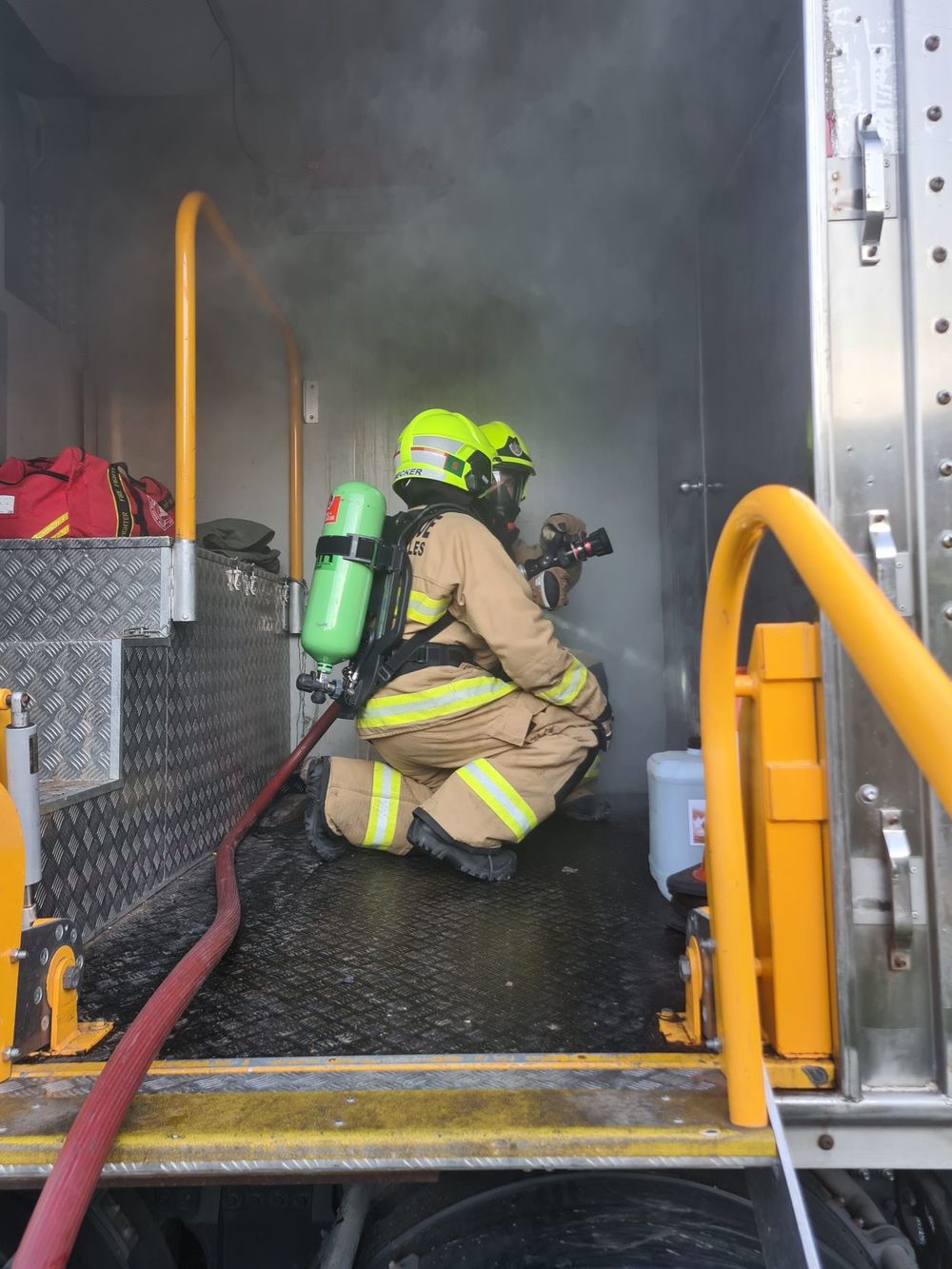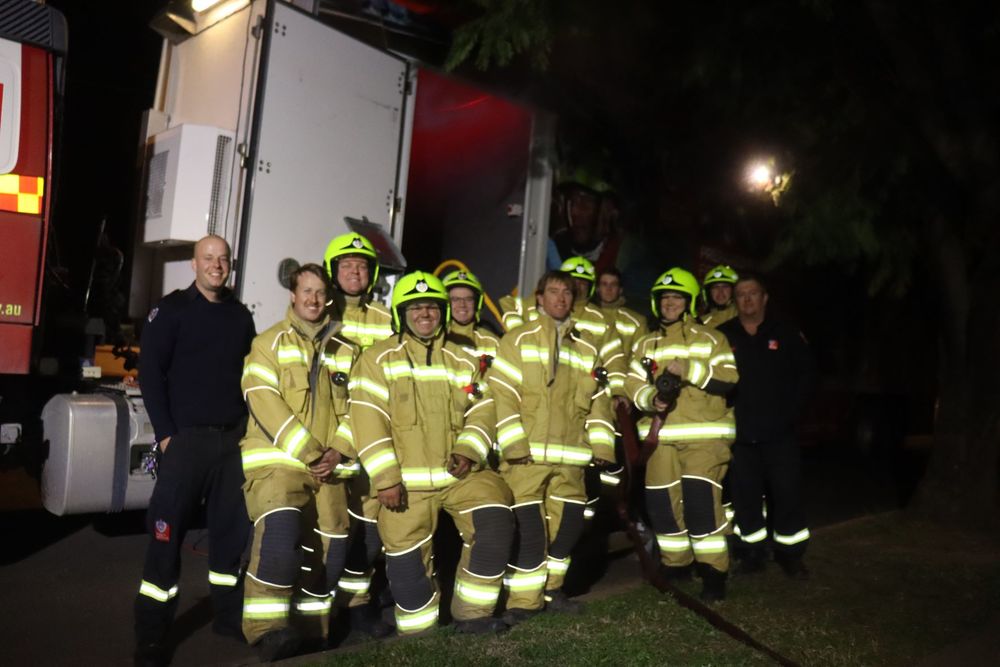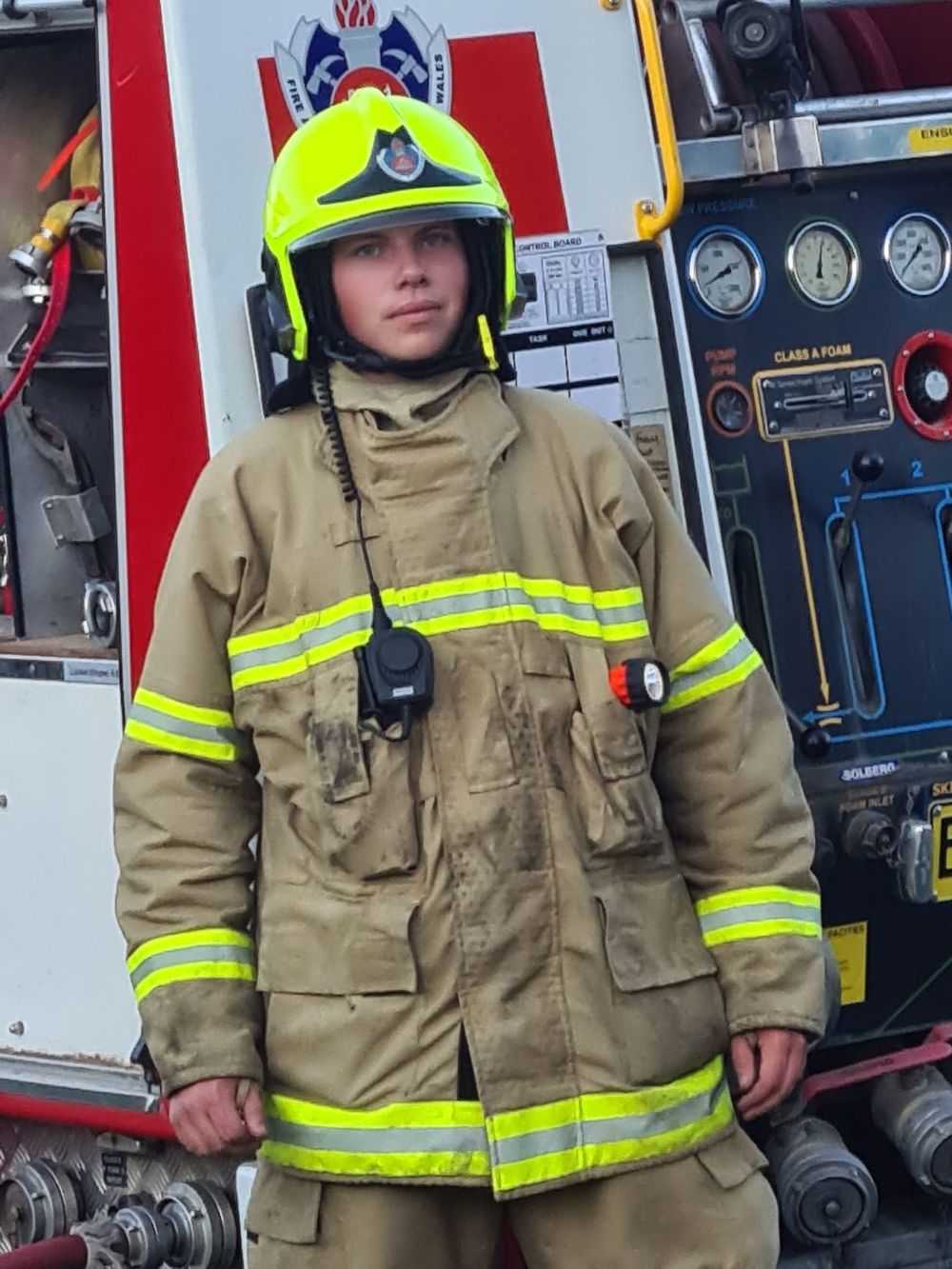Fire & Rescue calling out for recruits
Lee O'Connor
09 July 2022, 7:45 AM
 Fire & Rescue NSW is calling for new recruits as shortages reach critical levels in Coonamble and other communities.
Fire & Rescue NSW is calling for new recruits as shortages reach critical levels in Coonamble and other communities.Firefighters in Coonamble are now at a critical level, and NSW Fire & Rescue are asking for the community’s support.
Despite generous incentives offered to attract on-call firefighters, there has been a decline in the number of new recruits resulting in under-strength stations as firefighters who retire or relocate have not been replaced.
A similar situation is playing out in towns around the western plains where the shortage is being felt in a number of different brigades.
Brewarrina currently have 6 vacancies, both Coonamble and Walgett have 5 vacancies, Cobar and Warren each have 3 vacancies, and Trangie needs 2 fire fighters.
Representatives from Fire & Rescue NSW say this has a knock-on effect around the region with an increased burden on current members who need to make a bigger commitment outside their normal employment, to what is usually a manageable on-call role.
"Coonamble has five vacancies and the workload is currently carried by nine firefighters at the station, this has put an enormous pressure on those nine people to make themselves available to help serve and protect the community of Coonamble," said Recruitment Officer Wade Haines.
"What we’re seeing now in Coonamble, like most other small stations, is when their numbers do fall short in their local community, they are required to get other firefighters in - so that person could come from Dubbo, Narromine, Trangie, Gilgandra, anywhere."
"Coonamble might go a couple of weeks without a call and then they might get two or three within a week, there’s no set pattern to it, it’s just the way is," he said.
"The team also go out to childcare facilities, primary schools and do at-home fire safety checks for the community - all of which they’re paid to do. "
On-call firefighters are paid a fortnightly ‘retainer’, as well as an hourly rate for attending incidents, training, and drills.
They also receive paid leave entitlements, including annual leave, sick and long service leave, and employer contributions to superannuation.

A recruit firefighter in Coonamble receives a $66 fortnightly retainer, as well as $31 per hour for incidents, drills, or training. This rate increases with rank, so a Fire & Rescue Captain can make as much as $43 an hour.
Fire & Rescue is also a registered training organisation which Mr Haines says provides multiple benefits for regional workers and their employers.
"Every certificate and training that you do here is paid for but it’s also nationally recognised so it can benefit you in your primary employment," he said.
"For local employers that are looking at letting their staff go and join Fire & Rescue, a lot of those certificates and training can be transferred over, like first aid, chainsaw, basic life support, or a truck licence."
Firies and their families also receive benefits such as free tickets to the Dubbo and Sydney Zoos, and are entitled to five free counselling sessions a year.
Coonamble Fire & Rescue are hoping to attract some new members to work as Retained Firefighters on a part-time on call basis.
Firies undertake an array of duties, including fire suppression, rescue, hazardous material response, community education and fire prevention activities.
In the 2020/2021 financial year, Coonamble Fire + Rescue responded to 97 incidents, 44% occur between 9 a.m. - 5 p.m. Monday to Friday
"I believe that helping the community is the most rewarding part of the role, and the culture in the firefighting community is beneficial," Mr Haines said.
"NSWFR in general is a tight community - it doesn’t matter where you go, you make lifelong friends."

Coonamble's current Fire & Rescue crew after an evening training session recently.
What it takes
To become a retained fighter, you need to be ‘reasonably fit and healthy’ as assessed by a medical and physical test.
“There is a physical aptitude test that you do as part of your recruitment, which is just basic stuff that simulates what you do as a firefighter," Mr Haines said.
"Coonamble is lucky enough to have firefighters available 24/7, however the crew can roster themselves on when it’s convenient to them."
The minimum requirement of hours that you need to be available is 24 hours in one week and fire fighters have to attend at least 33 percent of the calls and 75 per cent of the regular drills, in order to adhere to the requirements.
Coonamble Fire + Rescue is open to all members of the community - however you must be 17 or older and have at least your provisional licence.
"We’re open to school leavers, anyone that’s having a gap year and want to earn a bit of extra money or uni students, while they’re studying online," Mr Haines said.
"It would suit stay at home parents whose kids are at school from 8:30 until 3:30, they can cover those gaps when the kids are at school, that’d be a big help."

Younger people have proven to make excellent fire fighters. This photo of Lane Lewis was taken in 2020 soon after he joined the Coonamble Brigade at just 16.
If you’re interested in becoming a retained firefighter or just want to get some more information, Coonamble Fire Rescue holds drill nights every 1st and 3rd Tuesday night from 7pm, so pop down and talk to the crew about how you can become an on-call firefighter and give back to your community.




